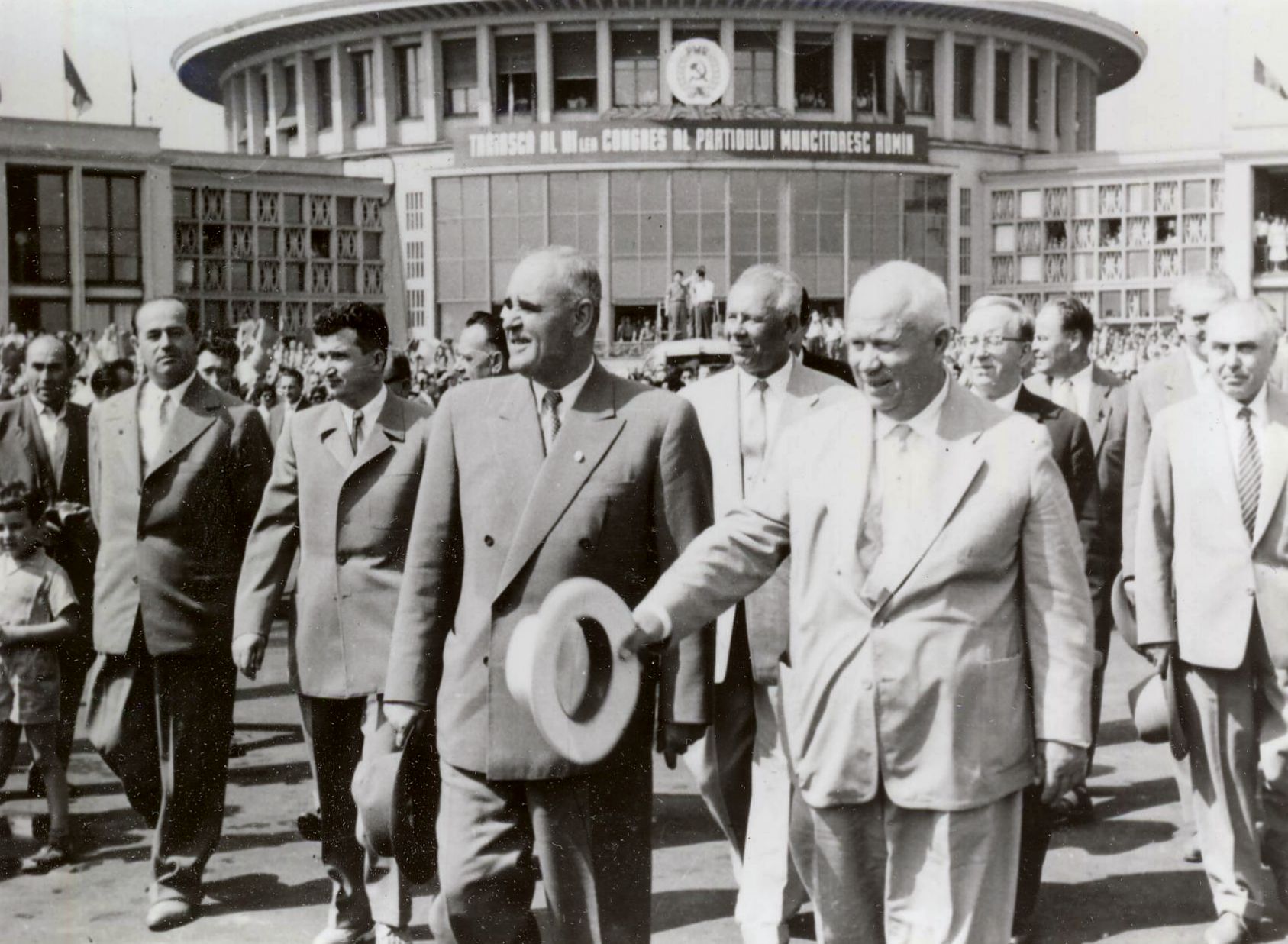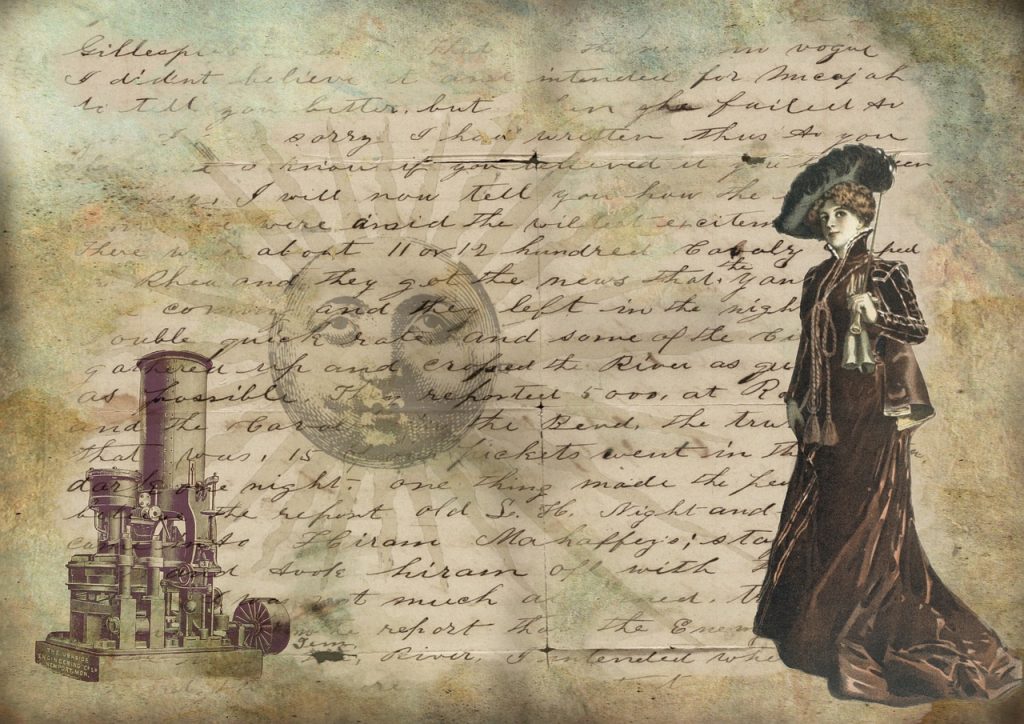 October 14, 1964, an official letter was issued in Moscow stating that the Plenary of the Central Committee of the Communist Party of the Soviet Union (CPSU) had responded to Nichita Sergeevich Khrushchev’s request to resign as First Secretary of the Soviet Union. The CPSU and the President of the Council of Ministers of the Union of Soviet Socialist Republics said that the resignation was “in connection with old age and deteriorating health.”
October 14, 1964, an official letter was issued in Moscow stating that the Plenary of the Central Committee of the Communist Party of the Soviet Union (CPSU) had responded to Nichita Sergeevich Khrushchev’s request to resign as First Secretary of the Soviet Union. The CPSU and the President of the Council of Ministers of the Union of Soviet Socialist Republics said that the resignation was “in connection with old age and deteriorating health.”
A hard time for a Dictator
The resignation letter did not contain other details, but foreign journalists and politicians could not believe the official explanations, which in fact hid a much more complex reality. Western journalists insisted on obtaining concrete data about this event, which could have important consequences on the international situation because the Soviet Union was the second largest power in the world after the US. But the new Soviet leaders denied that there were other reasons for Khrushchev’s resignation than his age and health.
Not even the leaders of the “brotherly” (socialist) countries weren’t given more explanations. Immediately after the Plenary, Leonid Ilyich Brezhnev, the new first secretary of the C.C. of the CPSU, called the leaders of the socialist countries. According to Emil Bodnăraș, the communication was dry:
“A Plenary of the Central Committee took place, where Khrushchev demanded his release as Prime Minister, President of the Council of Ministers and member of the Presidium, and the Plenary approved Khrushchev’s request.”
Foreign observers found that these were not reasons due to his medical condition but much more. The proof was the removal of books and pamphlets signed by Khrushchev from bookstores, even if they contained reports presented at Congresses or Plenary Sessions of the C.C. to the CPSU. Political analysts have concluded that, in recent years, dissensions between N.S. Khrushchev, on the one hand, and the party and state apparatus, on the other.

They were based on some of Khrushchev’s initiatives, which affected the domestic and international situation of the USSR. The change produced at the Plenary C.C. of the CPSU has blamed the political line promoted by Khrushchev in the economic fields, as well as in international relations.
Khrushchev’s attempt to turn Siberia into the “granary” of the USSR, as well as his indications of growing “square” corn, failed miserably, and the Soviet Union entered a serious food crisis. The store shelves were emptied, and for the supply of the population, in 1962, the cards for the main consumer goods were reintroduced. Obviously, this has created a strong state of dissatisfaction among the population.
The Cuban Crisis
Externally, N.S. Khrushchev suffered a drastic failure as a result of the“Cuban missile crisis” in 1962. For the defense of Cuba — the only socialist state neighboring the United States — N.S. Khrushchev decided to install nuclear missiles in this country. The US secret services found out, and President Kennedy ordered Khrushchev to withdraw these missiles immediately.
The tension between the two superpowers had reached its maximum. The situation had become extremely dangerous, and humanity was being brought to the brink of nuclear war. After an exchange of messages between Khrushchev and Kennedy, the Soviets withdrew their missiles from Cuba. Khrushchev’s efforts to prove that it was not a defeat for the Soviets, but a mutually acceptable compromise, had no credibility, and the USSR’s international prestige was seriously damaged.
N.S. Khrushchev wanted the CPSU to have control over the international communist and workers’ movement, and he responded extremely harshly to those who did not accept the role. Convinced of his exceptional value as a political leader, Khrushchev went so far as to declare that Mao Zedong, the chairman of the Chinese Communist Party, was worth no more than “a broken gal.” The strain of Sino-Soviet relations has degenerated into armed incidents on the border between the two countries. This led to the weakening of the “socialist camp”, which was in “peaceful competition” with the capitalist one.
Mistake after mistake
But the greatest dissatisfaction with Khrushchev’s work was generated by his personnel policy. At the XXII Congress of the CPSU, in 1961, at Khrushchev’s suggestion, the principle of “staff rotation” was introduced. The old “apparatchik” alerted him, especially since Khrushchev was reorganizing and appointing at will, motivating that this would ensure the improvement of party and state work.
Taking on the air of a master, he behaved more and more rudely with the frames, offended them at every step, moved them from one place to another or dismissed them. He, who had criticized Stalin’s cult of personality, had himself become a dictator in his own party but was portrayed in the media as a great democrat and an exceptional figure to whom the Soviet people and all peace lovers around the world should be grateful.
This last aspect — the exacerbation of the cult of personality — was the main object of criticism from the “conspirators.” After the collapse of the USSR, much of the C.C. of the CPSU was opened, so it was possible to find out how it acted, in October 1964, for the removal of Khrushchev.
You can’t fight the Soviet System

On October 12, 1964, while Khrushchev was resting in the Black Sea coast resort of Pitunda, a meeting of the C.C. Presidium took place. of the CPSU, led by Leonid Brezhnev, at which the scenario of changing the first secretary was adopted. Then, Khrushchev was invited to attend the meeting of the Presidium from October 13 to 14 without being given the agenda. Leonid Brezhnev led the attack, blaming Khrushchev:
“If you, Nikita Sergheevici, did not have such vices as the affection for power, self-education of your own personality, confidence in your infallibility, if you had at least a little modesty, you would not have allowed the creation of your own personality cult. But you, on the contrary, did everything to strengthen this cult. Not only did you not take steps to stop at a certain limit, but on the contrary, you put radio, cinema, television at the service of your personality. You have decided that you can now drive independently, on your own. You liked to give directions to everyone and in all problems, but, as we know, no man can cope with such a task — in it lies the root of all errors.”
Brezhnev proposed Khrushchev’s dismissal from his party and state positions. Initially, Khrushchev tried to fight back but soon realized that everything had been arranged in time, so he could not win.
To conclude:
“You have gathered and stained me with shit, and I cannot contradict you. I felt that I could not cope, but life takes hold of you easily, it gives rise to pride. I ask to be released. “
Nikita Khrushchev
Avid Writer with invaluable knowledge of Humanity!
Upcoming historian with over 30 million views online.
“You make your own life.”





